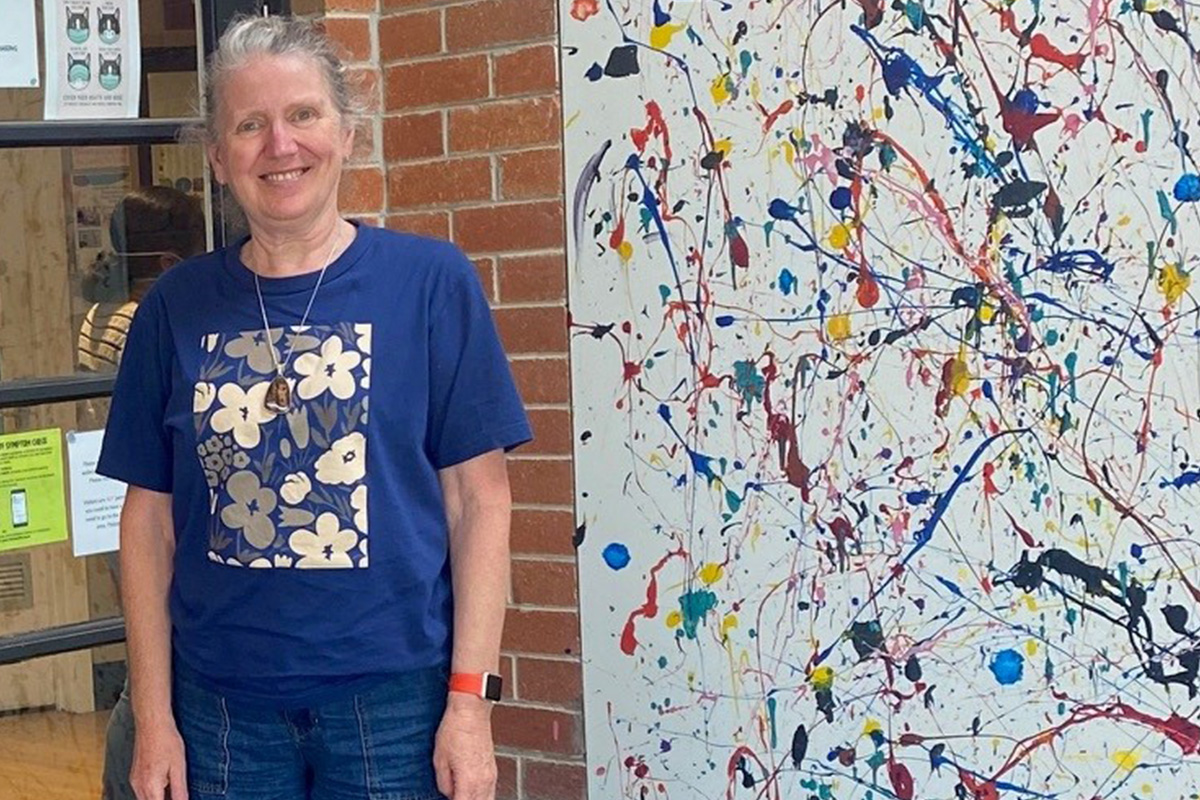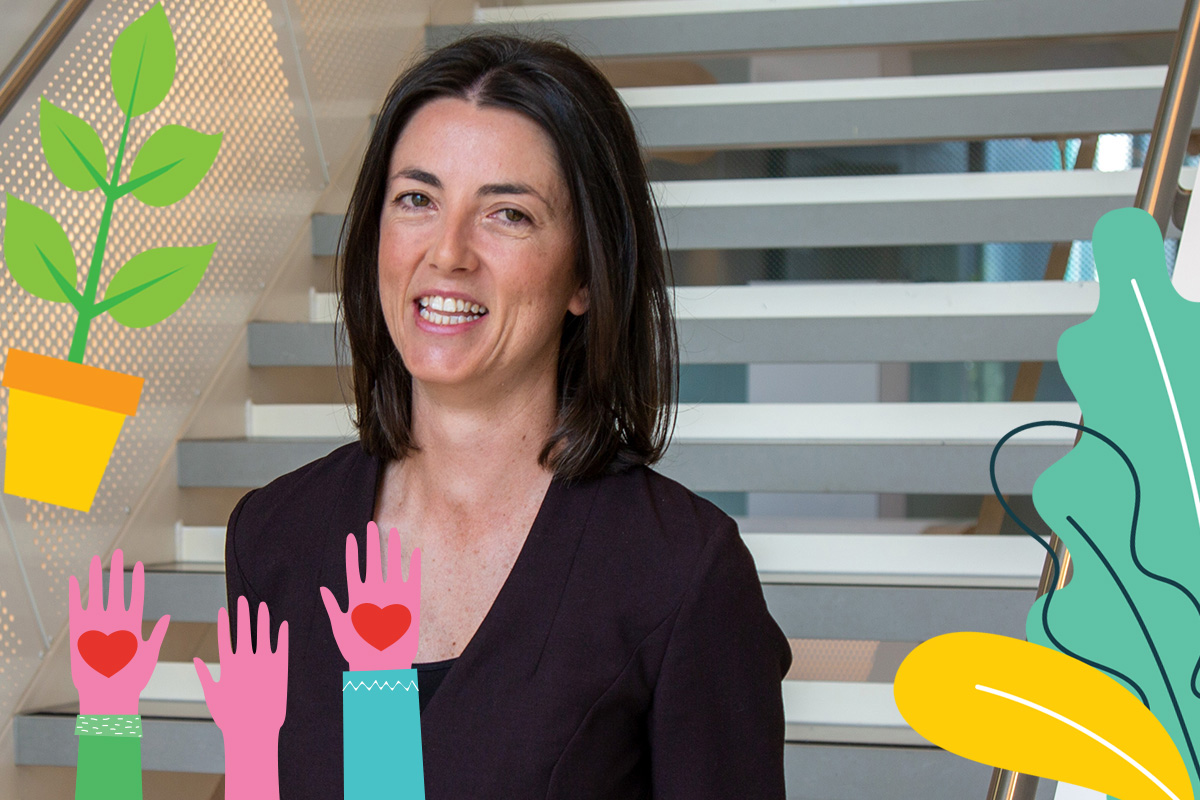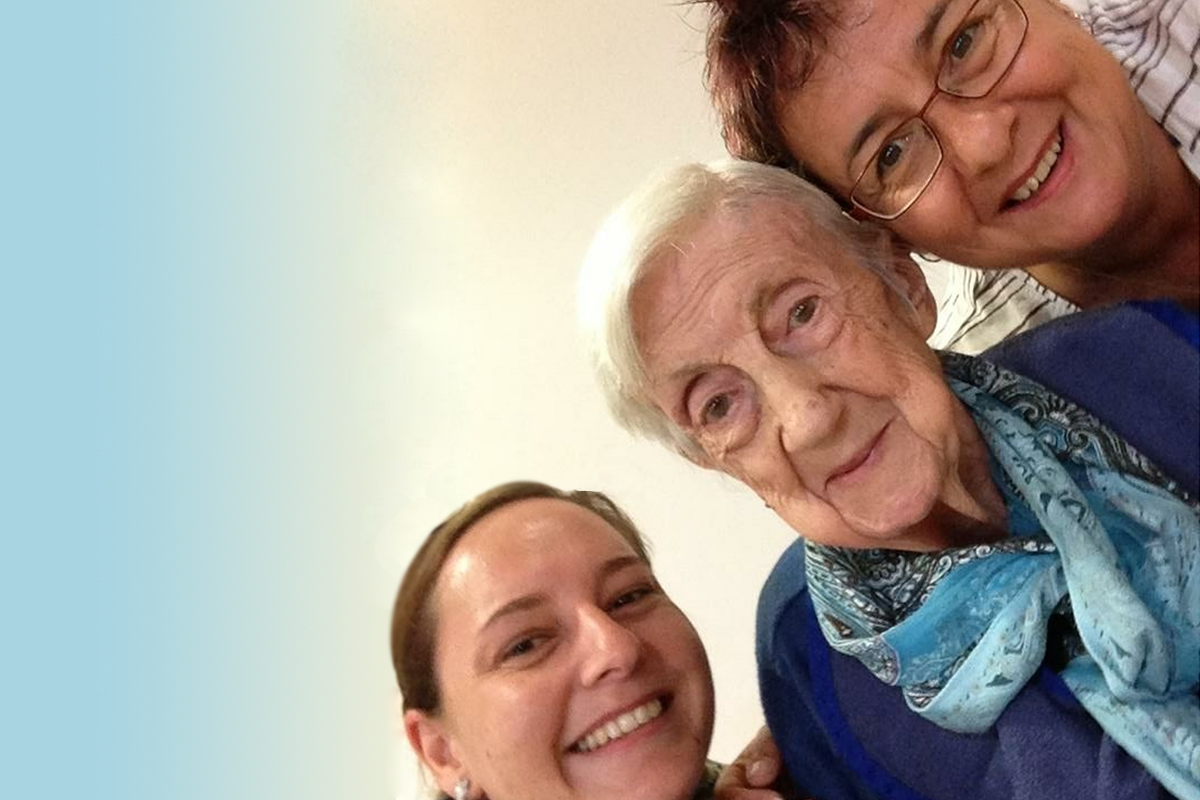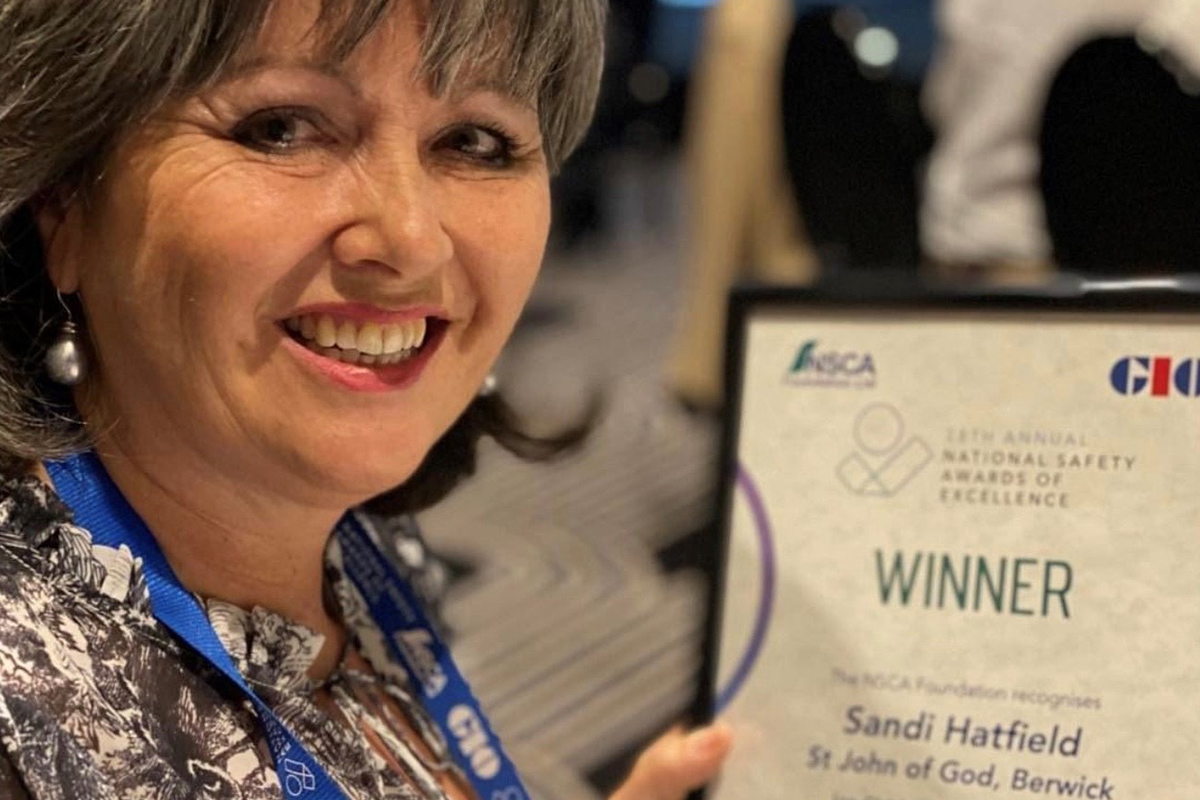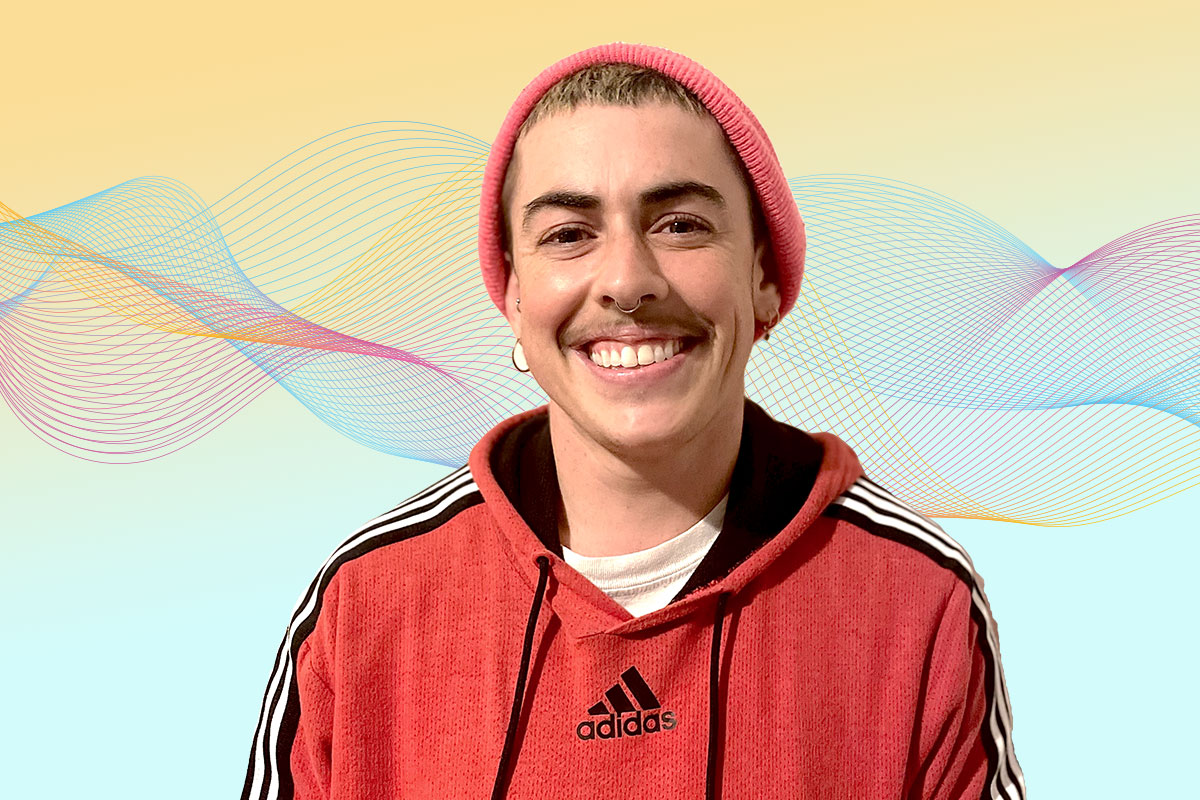
Jem Light. Photo: supplied
‘Everyone deserves access to healthcare,’ says Jem Light. It’s the basic principle that underpins our egalitarian notions of universal healthcare, but in practice Jem has seen what happens when an individual’s preconceived notions, stigma – or even just emotional burn out – get in the way of providing equal treatment.
Jem, whose pronouns are they/them, is a registered nurse and ANMF (Vic Branch) Job Rep at the Medically Supervised Injecting Room in North Richmond. Drawn to a career in nursing because they liked the idea of having practical skills to offer other people, Jem was also motivated by the idea of being part of such a strongly unionised workforce, having previously learnt a lot about the ANMF through various activist groups they had been a part of.
‘I think, because of how closely nurses work together, we have a powerful potential to create strong collective movements that can be used as a force for social justice,’ they say.
Jem epitomises this in their everyday work. They began their career in oncology at the Peter MacCallum Cancer Centre before spending some time in ICU and ED at various services. During their time in these critical care settings, Jem began to observe stigma from some nurses directed at patients who used intravenous drugs, or who were poor or homeless, and who were often dismissed as drug-seeking.
‘In part I understood these attitudes as being a product of burn out,’ they say. ‘Nurses have so much emotional weight to carry and it can feel too much sometimes. But I found this lack of empathy really upsetting.’
Harm reduction at the Medically Supervised Injecting Room
This is part of what made Jem interested in the Medically Supervised Injecting Room (MSIR). As a nurse at MSIR, Jem works in spaces with clients who use a range of intravenous drugs, and responds to overdoses if they happen. ‘We also offer hepatitis C testing and pharmacotherapy for people who use opiates who are wishing to pursue that option,’ they add. ‘And we do wound dressings and blood tests and help people with social issues in their lives.’
Significantly, Jem also works alongside Harm Reduction Practitioners, who have a wealth of knowledge and skills. Having not been involved in Harm Reduction previously, Jem acknowledges that working at MSIR has been a huge learning curve.
‘Learning about Harm Reduction required the ultimate client advocacy in such a hostile world toward people who use intravenous drugs,’ they say. ‘It means seeing the whole person and accepting who they are, where they’re at in their lives and creating meaningful connections with them from that place.’
Hearing anecdotally from clients about the medical treatment they have (or haven’t) received has only confirmed some of Jem’s experience working in critical care, they say. ‘Clients are tremendously stigmatised and it leads them to stop seeking medical care, with various adverse outcomes.’ Ultimately, they add, ‘I aim to practise in such a way that my nursing is informed and guided by people who use drugs.’
Standing up for better LGBTQIA+ representation
Stigma, of course, is unfortunately experienced by many others as well – something Jem is innately aware of. So, as part of their advocacy and passion for social justice, they have co-founded the recently recognised ANMF (Vic Branch) LGBTQIA+ Reference Group, along with fellow Job Rep and ANMF Branch Councillor Mel Carron, and nursing and midwifery colleague Pippa Lukin, with advice and input from ANMF staff. ‘We all identified the need for the ANMF to have more LGBTQIA+ representation, to strive for better conditions for members, as well as providing a platform for advocacy for clients,’ they explain. ‘We met with Branch Secretary Lisa Fitzpatrick, who was full of enthusiasm and ideas, and it all came together from there.’
The new group plans to meet regularly, and to connect with LGBTQIA+ nurses, midwives and carers across the state, with the aim of advocating to ‘improve the healthcare system to make it more equitable for LGBTQIA+ people, as well as nurses who work in healthcare.
‘I hope we can use this group as a platform to strengthen worker organising,’ Jem says. ‘I also hope we can make healthcare more LGBTQIA+ friendly, so people don’t face adverse outcomes resulting from healthcare avoidance.’
Members interested in joining or learning more about the ANMF (Vic Branch) LGBTQIA+ Reference Group are invited to contact lgbtqia.referencegroup@gmail.com.
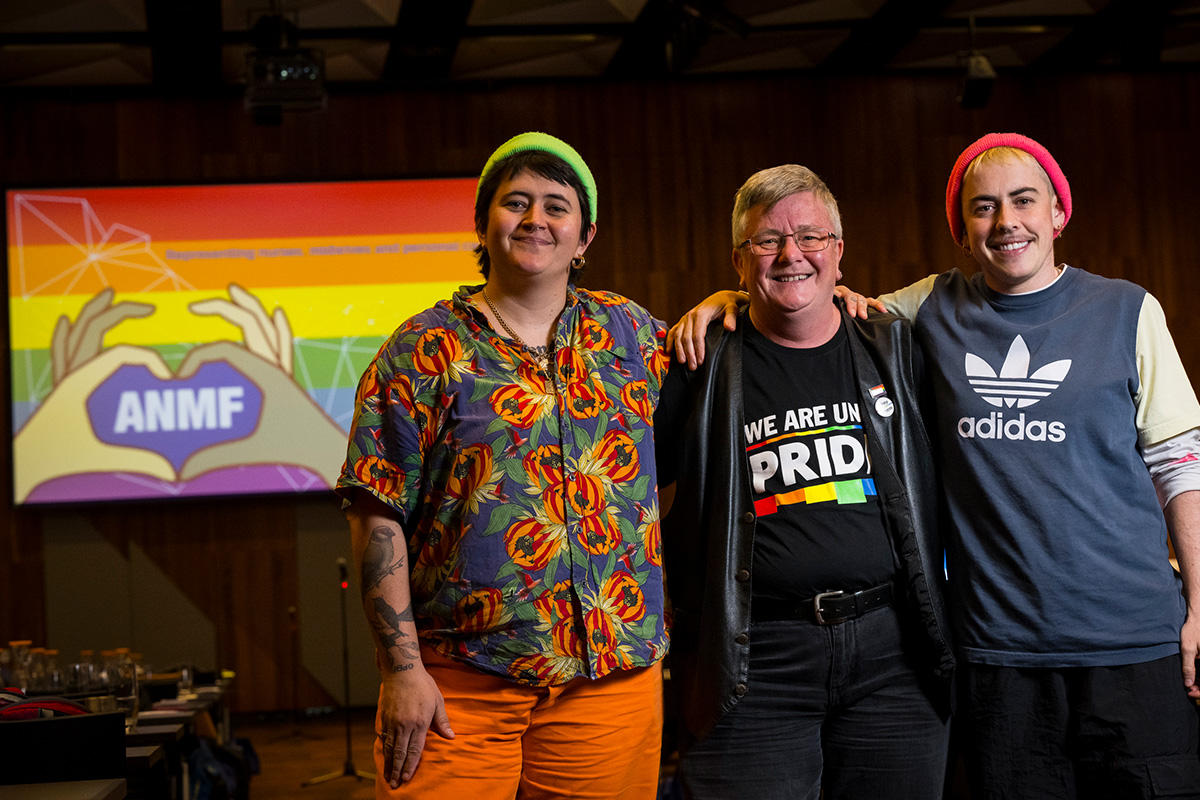
LGBTQIA+ reference group founding members Hazy Nagel, Mel Carron and Jem Light at the 2023 delegates conference. Photo: Christopher Hopkins
